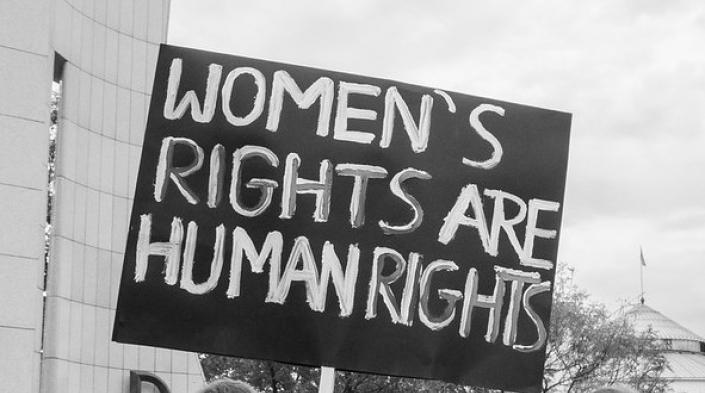Violence is considered the most important problem of women in Turkey, according to Kadir Has University’s annual study on the public perceptions of gender roles and women in Turkey.
When asked, “What do you think are the biggest problems women face in society?” 70 percent of the women respondents and 63 percent of the men respondents said violence.
Violence has been increasingly cited as the most important problem of women since the study was first conducted in 2015, the university’s Gender and Women Studies Research Center noted in a press release.
The other most important women are unemployment (7 percent), lack of education (5.4 percent), pressures and harassment on the street (5.1 percent), family pressure (4 percent), and gender inequality (4 percent), according to the survey.
While men view violence as the most important problem of women, 77 percent of them think they do their part regarding violence against women. Sixty-two percent of the women respondents, however, said men don’t do their part in response to the same question.
When asked whether the state takes adequate measures to protect women from violence, 87 percent of the women respondents and 83 percent of the men respondents responded “no.”
Over 54 percent of the women respondents do not support the government’s decision to pull Turkey out of the İstanbul Convention, a Council of Europe treaty to combat violence against women. Also, 58 percent of all respondents said withdrawing from the convention will be bad for women’s future.
The survey was conducted among 2,499 people from 23 provinces representing the country’s urban population.
Gender equality perception
The share of people who think that women in Turkey have the same rights and opportunities as men have been on the decline, according to the study results. It dropped from 38 percent in 20215 to 22 percent in 2022.
Over 60 percent of the men respondents and nearly 80 percent of the women said they would like to see more women in politics, although one third of the men and one fourth of the women think “Politics is for men.”
bianet.org
